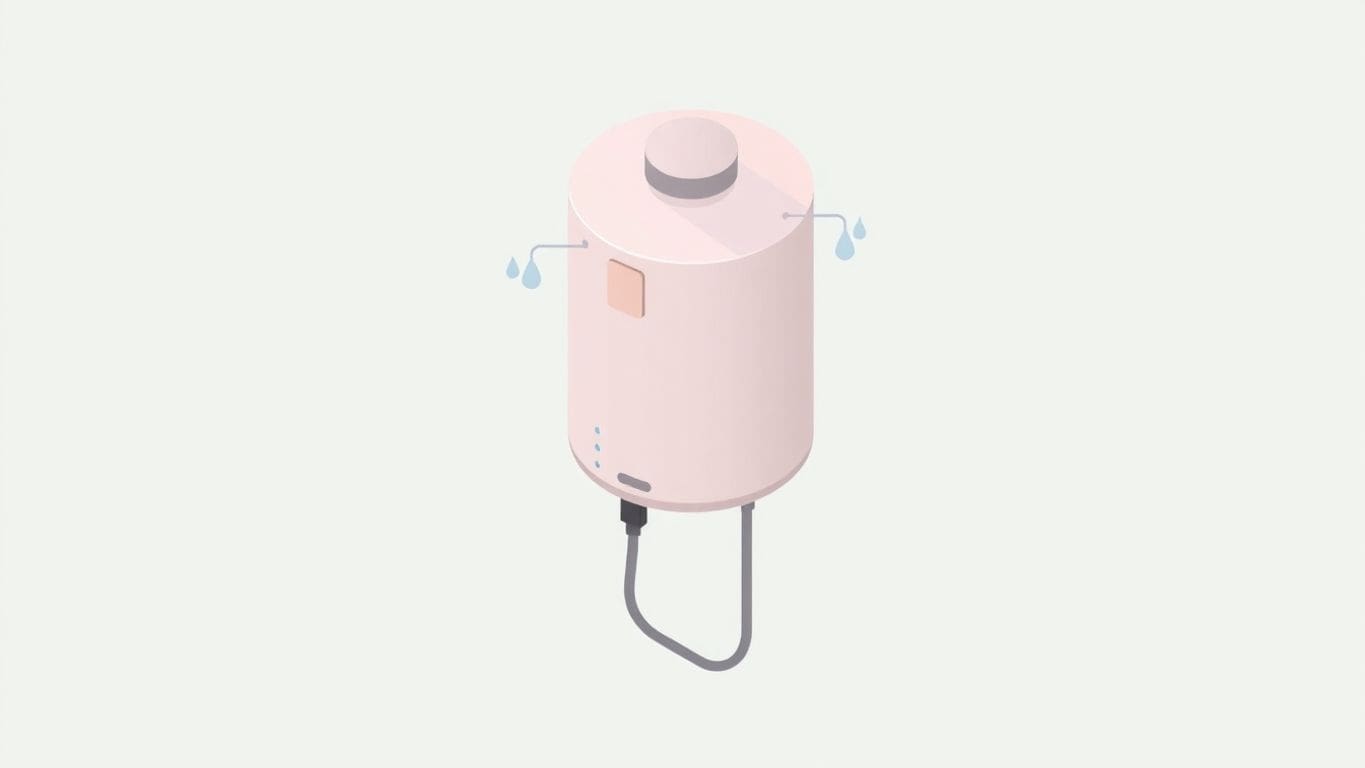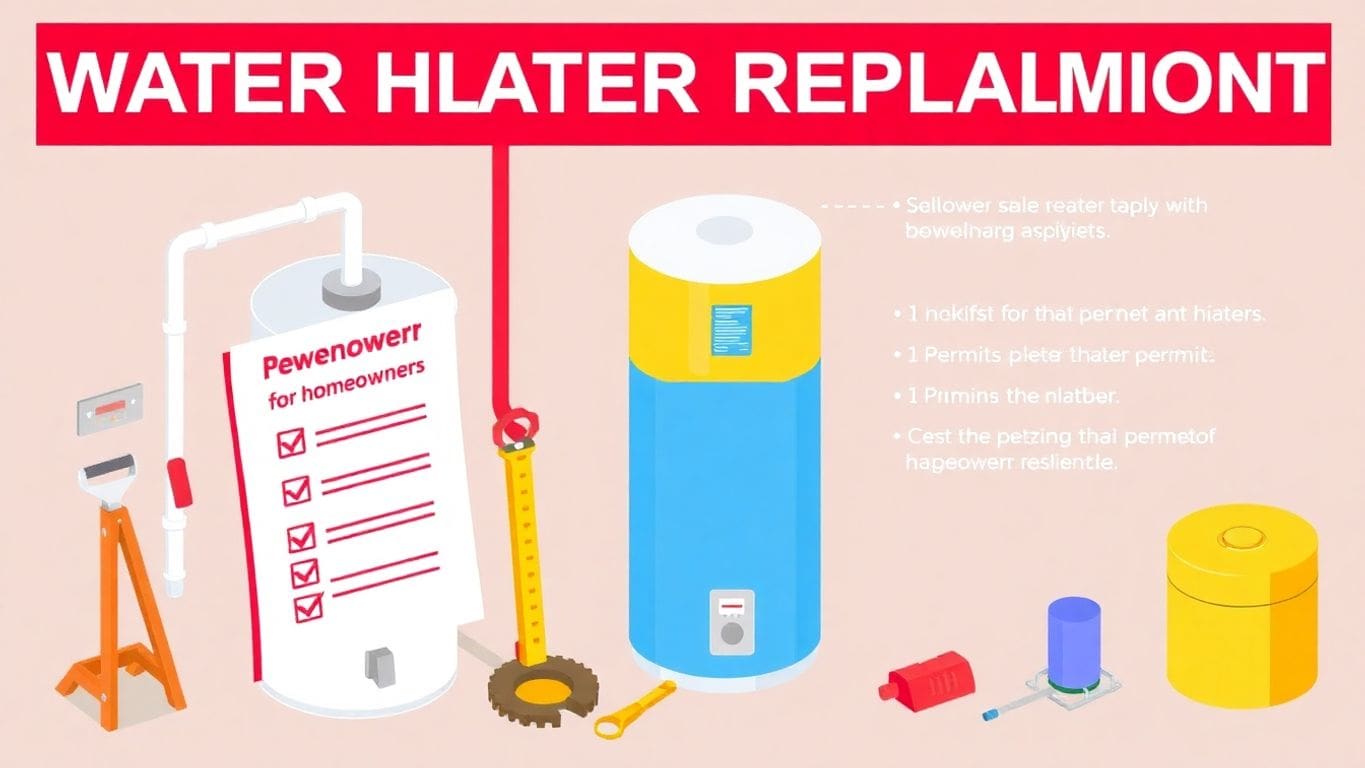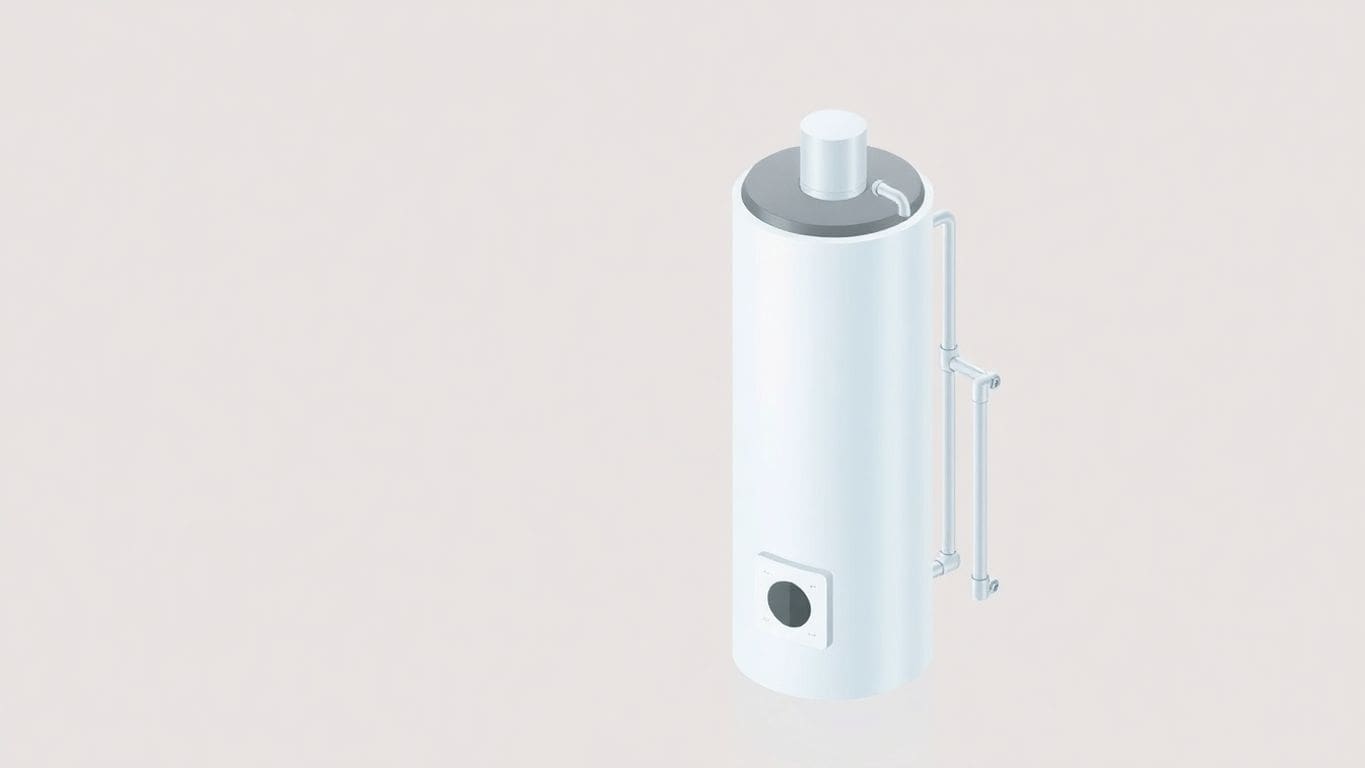
If your water heater is around 10 years old, it’s important to keep an eye out for signs that it may need replacing. Understanding the lifespan of water heaters, recognizing the warning signs of failure, and knowing when to consult a professional can help you maintain optimal performance and avoid unexpected issues.
Most water heaters last between 10 to 15 years. However, this can change based on the type of heater you have. Here’s a quick look at the average lifespans:
| Type of Water Heater | Average Lifespan |
|---|---|
| Conventional Tank Heaters | 8 to 12 years |
| Tankless Water Heaters | 20 years or more |
| Electric Water Heaters | Up to 15 years |
| Gas Water Heaters | 8 to 12 years |
Several things can affect how long your water heater lasts:
If your water heater is over 10 years old, it’s time to pay attention. Look for signs like rusty water, strange noises, or inconsistent temperatures. These can mean your heater is starting to fail.
Remember, regular maintenance can help extend the life of your water heater. Don’t wait for problems to arise!
If you notice rusty or discolored water coming from your taps, it’s a clear sign that your water heater may be failing. This can mean that the tank is corroding inside. Rusty water is not just unappealing; it can also be harmful to your health.
Strange sounds like banging or popping from your water heater can indicate a problem. These noises often mean that sediment has built up inside the tank. This buildup can cause your heater to work harder, leading to higher energy bills.
If your hot water is not consistent, you might be dealing with a faulty heating element. Cold showers can be frustrating! If you find yourself adjusting the temperature often, it might be time to consider a replacement.
Regular checks can help you catch these signs early. Don’t wait until it’s too late!
If you notice any of these signs, it’s wise to consult a professional. They can help you decide whether to repair or replace your water heater. Remember, a new water heater can save you money in the long run by being more energy-efficient and reliable.
Sediment buildup is a common issue in water heaters, especially in areas with hard water. As sediment collects, it can make your heater work harder. This means it uses more energy and may not heat water as well. Over time, this can lead to higher energy bills and less hot water.
You might notice some signs that sediment is building up in your water heater:
To keep your water heater running well, consider these tips:
Regular maintenance can help you avoid costly repairs and keep your water heater efficient for years to come.
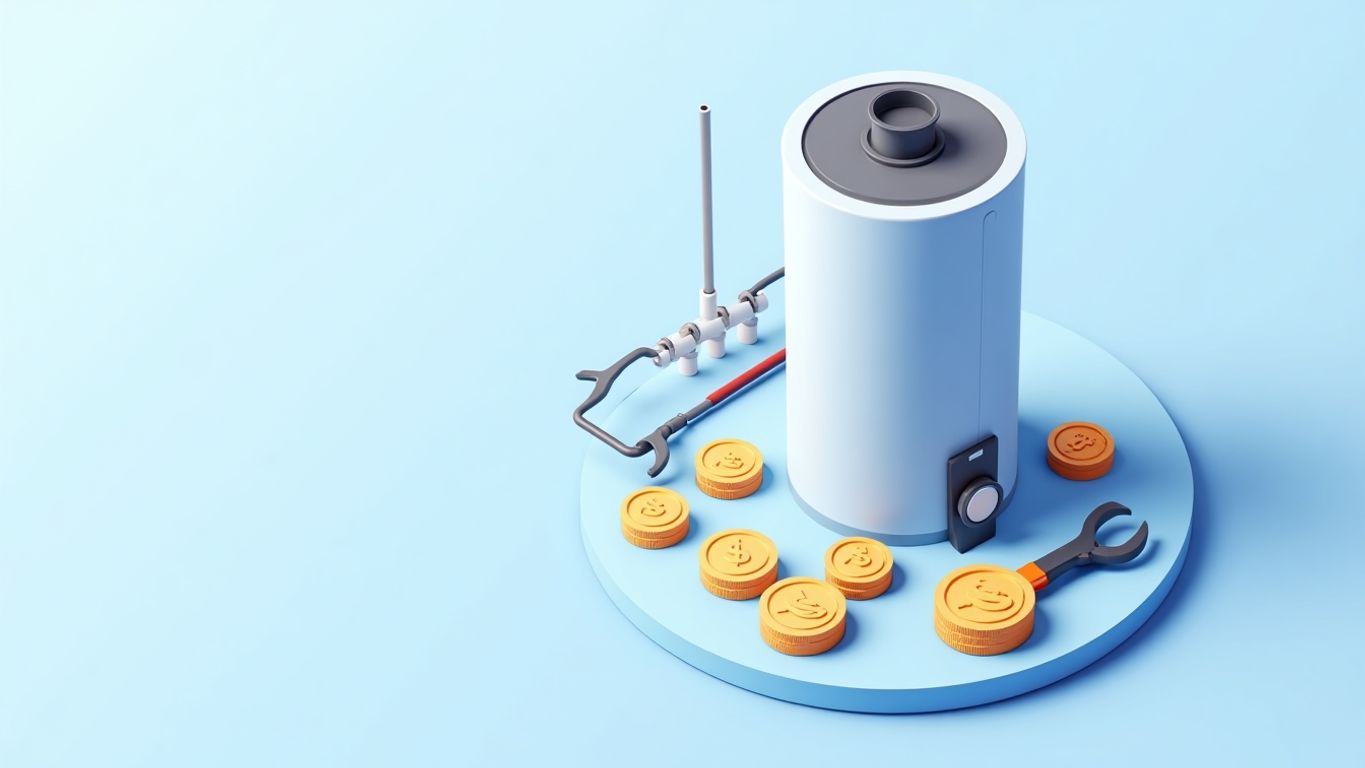
If you find yourself calling for repairs often, it might be time to think about replacing your water heater. Frequent repairs can add up quickly. If your heater is over 10 years old and you keep spending money on fixes, it may be more cost-effective to buy a new one.
Here’s a simple comparison:
| Repair Costs | Replacement Costs |
|---|---|
| $100 – $300 per repair | $800 – $2,500 for a new heater |
As you can see, the costs of repairs can stack up. If you have to repair your heater multiple times a year, it might be cheaper to invest in a new one.
Investing in a new water heater can save you money in the long run. Here are some benefits:
Remember, a reliable water heater is important for your comfort and daily life. If repairs are becoming a hassle, consider a replacement.
Old water heaters can cost you more money. They use more energy to heat water, which raises your energy bills. If your heater is over 10 years old, it might be time to think about replacing it. Newer models are designed to be more efficient and can save you money in the long run.
Upgrading to a new water heater has many benefits:
Old heaters can harm the environment. They waste energy, which can lead to more pollution. By upgrading, you not only save money but also help the planet.
Remember, a new water heater can improve your home’s comfort and save you money on energy bills. Don’t wait until your old heater fails!
Leaks in your water heater can be a big problem. Finding them early can save you money and trouble. Here are some signs to look for:
Ignoring leaks can lead to serious issues. If you let them go, you might face:
When you find a leak, you need to decide what to do. Here are some tips:
Remember, a small leak can turn into a big issue. Keeping an eye on your water heater can help you avoid costly repairs.
When it comes to your water heater, getting expert help is important. You might wonder when to call a plumber. Here are some signs:
A professional can help you decide if you need a new heater or if repairs will work. They can also explain the benefits of upgrading to a more energy-efficient model.
Remember, waiting too long to fix water heater issues can lead to bigger problems. It’s best to consult with a professional sooner rather than later.
By getting help, you can ensure your home stays safe and your water heater works well for years to come. If your water heater is 15 years old, it might be time to think about replacing it for better performance and safety.
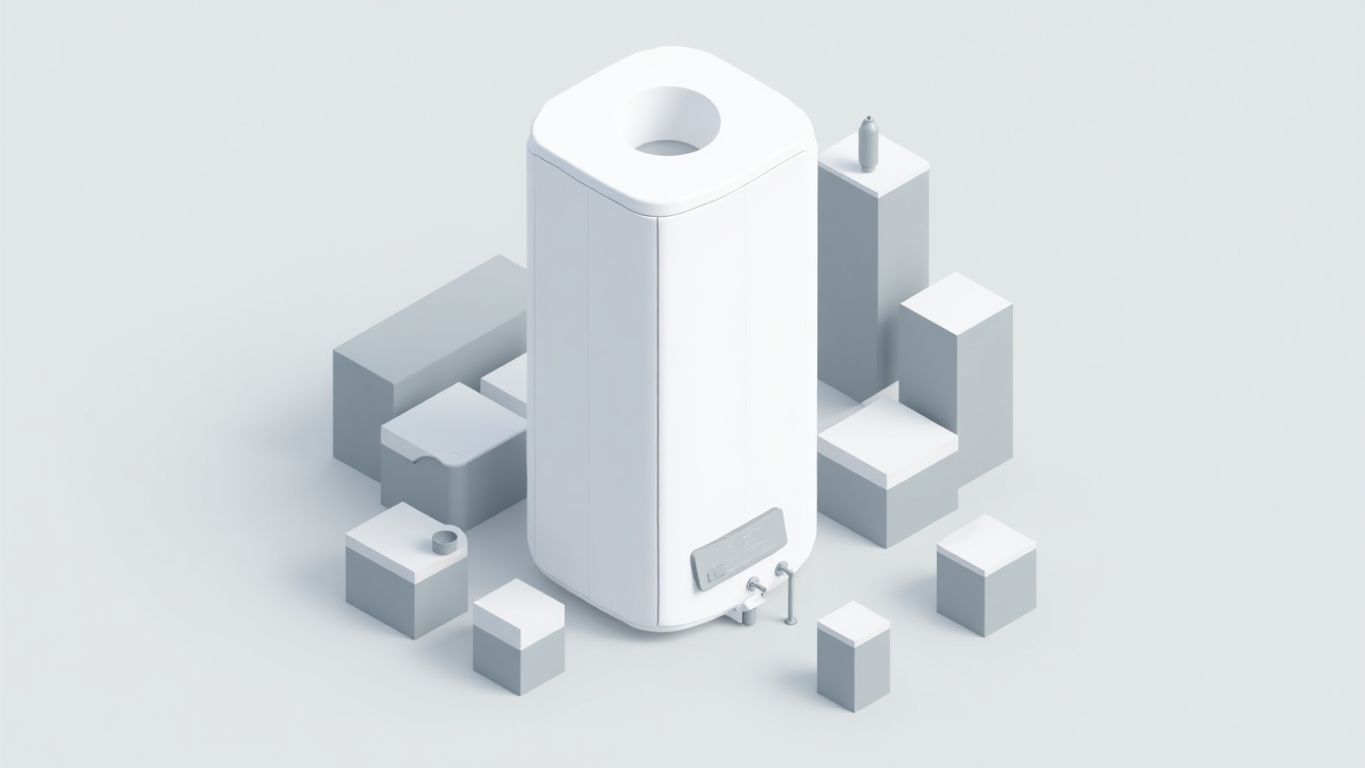
When it’s time to replace your water heater, you have many options. Here’s how to choose the best one for your home:
| Family Size | Recommended Tank Size |
|---|---|
| 1-2 people | 30-40 gallons |
| 3-4 people | 40-50 gallons |
| 5+ people | 50-80 gallons |
Remember, choosing the right water heater is important for your comfort and savings. Take your time to find the best fit for your home.
Keeping your water heater in good shape is important. Here are some tips to help it last longer:
Remember, regular maintenance can help you avoid costly repairs and extend the life of your water heater.
When it’s time to replace your water heater, planning ahead can make the process easier. Here are some steps to help you prepare:
Planning ahead can save you time and stress. By preparing your home and knowing what to expect, you can enjoy your new water heater without any hassle.
As your water heater gets older, it can become less safe. Old heaters can leak or even burst. This can cause water damage in your home. It’s important to keep an eye on your heater’s age and condition.
If you notice rusty water coming from your taps, it’s a sign of trouble. Rust can come from the inside of the tank. Drinking rusty water can be harmful to your health. It’s best to replace your heater if you see this problem.
Ignoring signs of a failing water heater can lead to big problems. Here are some tips to avoid water damage:
By being proactive, you can save yourself from costly repairs and keep your home safe.
Remember, a little maintenance can go a long way in preventing issues. Stay informed with expert insights on water heater maintenance and replacement.
Stay safe and keep your home dry!
Most water heaters last between 10 to 15 years, but some can last longer with good care.
Look for rusty water, strange noises, leaks, or if it’s more than 15 years old.
If the heater is less than 10 years old and the problem is minor, a repair might be enough.
It’s a good idea to check and maintain your water heater at least once a year.
You should turn off the water supply and call a plumber right away to avoid damage.
Tankless water heaters can last longer and save energy, but they might not be right for everyone.
Check for the Energy Star label or look at your energy bills; higher bills can mean it’s not efficient.
Sediment buildup can reduce efficiency and lead to damage; flushing the tank regularly can help.

